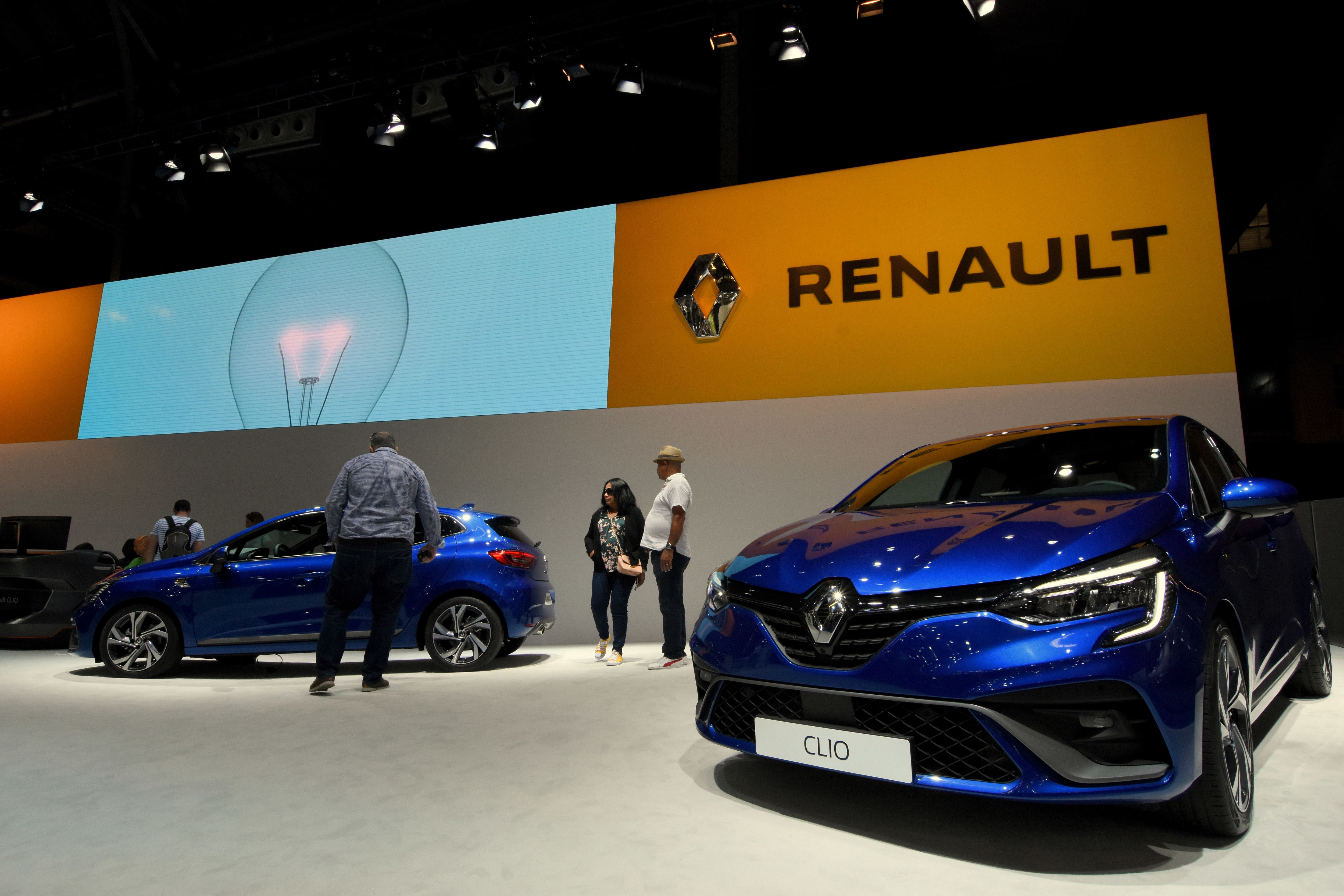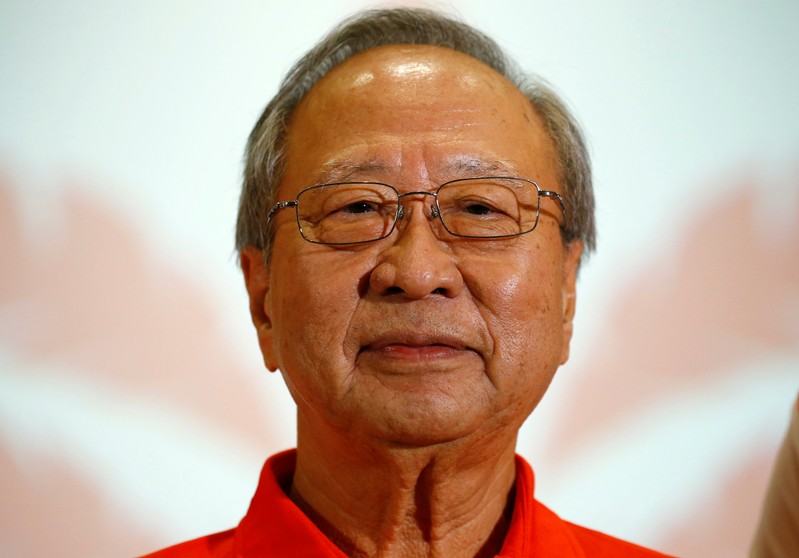
A view of the display of Renault at the Automobile Trade Fair 2019 in Barcelona, May 11, 2019.
Ramon Costa | SOPA Images | LightRocket | Getty Images
Renault warned that revenue may decline this year, scrapping a previous goal, after first-half profit was hit by weakening car demand and an earnings collapse at alliance partner Nissan in the wake of the Carlos Ghosn scandal.
Net income slumped by more than half to 970 million euros ($1.08 billion) in January-June as revenue fell 6.4% to 28.05 billion euros, the French carmaker said on Friday. Operating profit also dropped 13.6% to 1.654 billion euros.
“Given the degradation in demand, the group now expects 2019 revenues to be close to last year’s,” Renault predicted – abandoning an earlier pledge to increase revenue before currency effects.
A broad-based downturn has rattled the sector, prompting profit warnings and compounding challenges for Renault and Nissan as they struggle to turn the page on the Ghosn era. Their former alliance boss is now awaiting trial in Japan on financial misconduct he denies.
Renault’s bottom line was hit by an 826 million-euro drop in earnings from its 43.4%-owned alliance partner. Nissan is cutting 12,500 jobs globally after an earnings collapse that it is keen to blame on Ghosn’s leadership.
But Renault’s own performance – reflected an operating margin that declined to 5.9% from 6.4% – contrasts less favorably with domestic rival PSA Group. The Peugeot maker defied the downturn with a record 8.7% profit margin unveiled on Wednesday.
“In a tougher than expected environment, the Group stayed its course and achieved a level of performance in line with its expectations for the first part of the year,” Thierry Bollore, CEO of Renault, said in a press statement.
“The launches of many new models, enhanced competitiveness and the teams’ fighting spirit allow the Group to confirm its profitability objectives for the full year,” he added.
Risks and opportunities
Renault blamed falling sales in France, as well as Turkey and Argentina, for a 7.7% revenue drop at its core automotive business — whose profit margin slid to 4% from 4.5%.
Operating free cash flow also suffered, coming in at a negative 716 million euros as investment jumped by 742 million euros to 2.91 billion euros. The company nonetheless reiterated pledges to deliver positive full-year cash flow and a margin close to 6 percent.
Global trade tensions, regulatory framework unpredictability and the prospect of a no-deal Brexit were identified as the biggest risks over the next six months.
Meanwhile, new product launches, pricing improvements and competitiveness action plans were picked out as opportunities that could help stimulate growth.

